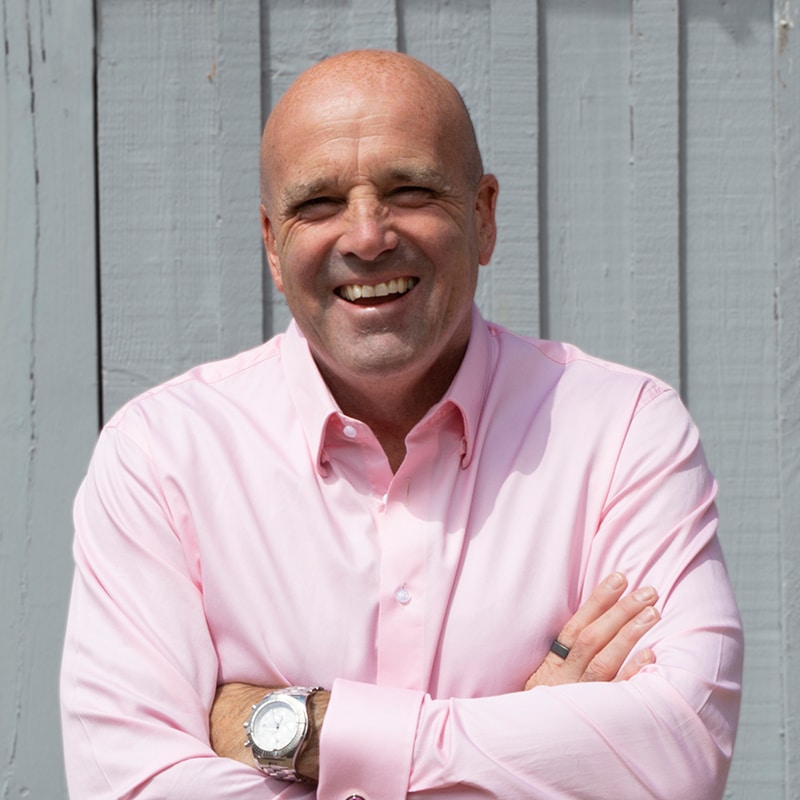E29 | [Rebroadcast] Henry Stewart – Be Happy
Henry Stewart believes people should find joy at work. And it’s not just a nice idea, it’s good business. And as the Chief Happiness Officer at Happy Ltd and author of Happy Manifesto, Henry has made happiness his business.
Happy workplaces are more profitable, and have increased share growth. Employees are naturally more engaged with their work, and staff retention improves.
During our conversation we explore a few of the core principles of the Happy Manifesto and talk about what it really what it looks like when you trust your people. We also discuss how pre-approving, playing to strengths, and celebrating mistakes are continuing to revolutionise how Happy Ltd operates.
On today’s podcast:
- Trusting your people and empowering them to make decisions
- Coaching rather than managing your staff, and selecting the right people for these roles
- Shifting from blame culture to embrace opportunities for improvement
- Training for skill, and getting great at your strengths
- Giving choices, not delegating tasks
Links:
Creating a Happy, Fulfilling Workplace is Built on Trust
Henry Stewart, Chief Happiness Officer at Happiness Ltd literally wrote the book on what it takes to build a happy workplace. In The Happy Manifesto: Make Your Organisation a Great Workplace, Henry makes this case: building up your employees, honing their strengths, and trusting them to make decisions will not only improve corporate culture, it will enhance your business outcomes.
While The Happy Manifesto has 10 core principles, the foundation rests on the first: trust your people. In his work advocating for happy workplaces, Henry has seen that it is not so much the theory that is hard to understand, but the application . It makes logical sense that you should trust your people, but it is hard to let go and accept that those on the front lines know what to do without guidance.
Trusting your people means making a cultural shift in the way you manage tasks, projects, and structures.
What coaches can do that managers in a traditional organisation can’t
The old model of hierarchical management structures doesn’t work. What does work is a leadership structure made up of coaches who empower, rather than managers who delegate.
Coaching unleashes the potential of your staff by playing to their strengths and giving choices. Good coaches mentor their people. They help individuals apply their efforts in areas where they excel. Coaches create a structure that leaves room for creativity and innovation.
This is a move from task assignment to choices. Employees choose their coaches based on who they think will help them grow. Similarly, they can self-select the tasks they want to take on, and feel more empowered by doing so.
Not everyone can be a leader, or wants to
According to Gallup,only about one in ten have the natural talent to manage. Yet skilled employees with tenure are promoted away from their skill sets. So it is highly likely that at any given organisation, the wrong people are at the top, and they know it too.
This is another reason the traditional hierarchical business structure is doing a disservice to the workforce. People who are talented in their chosen field would often rather be doing the work than delegating that work to others.
Pre-approval is the ultimate proof you trust your people
Henry has found in many circumstances, including his own, that managers are natural barriers to change. He argues that the moment you start improving or changing proposals written by your staff, you take away their ownership.
Pre-approval takes the burden of micromanaging off the table. It frees the organisation from tedious check-ins and inefficiencies, such as bottleneck of approvals.
With pre-approval, leaders approve the solutions, but are hands off when it comes to how you get there. It reinforces the idea that people work best and are most productive when they have the freedom to do what they do well. And it demonstrates trust.
At Happy Ltd. staff have clear guidelines–such as metrics to hit and budget–but when it comes down to how they get from Point A to Point B, the employees take ownership. The results, for Henry, have been remarkable and a continued proof of the importance of trusting your people.
